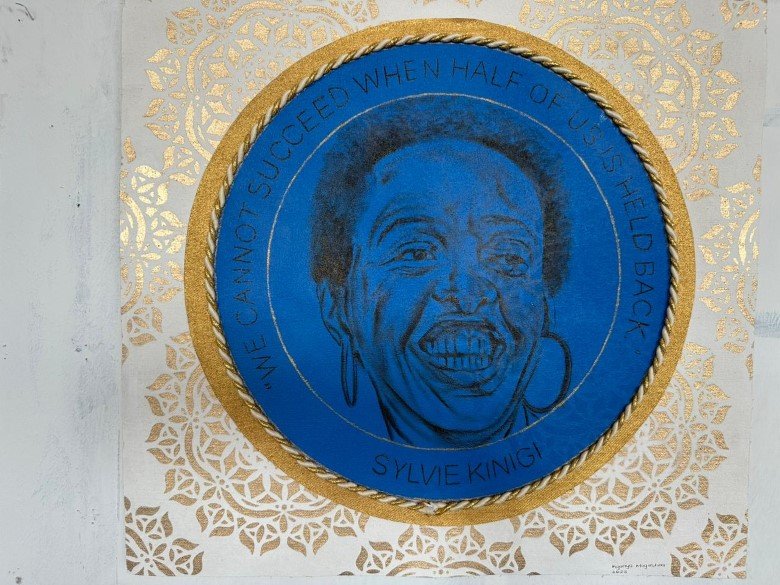African Interpretation Centre, founded in 2019, aims to make impact in the lives of women in arts as a catalytic project and frontrunner and address the local and global gender imbalance that many art institutions have subjected women artists versus the men colleagues. The African Women Gallery, which is an important part of the African Interpretation Centre and its goals, is participating in the Istanbul Art and Antique Fair (IAAF) with works of African women artists. Fikile Elizabeth Ngobeni, founder and the managing director of the African Interpretation Centre told us about the gallery and her expectations from the fair.
The African Women Gallery is a part of the African Interpretation Centre. When was the gallery founded?
African Interpretation Centre was established in 2019 as a fully African brand. Our mission was to create a museum commemorating the contributions of African women to the creative and art industry with a clear agenda of recognition and empowerment, so they can be a catalyst of change and shape the Africa we see today through their work. We still have a long way to go in growing our brand and getting more women artist to be part of this initiative but have made inroads in our drive.
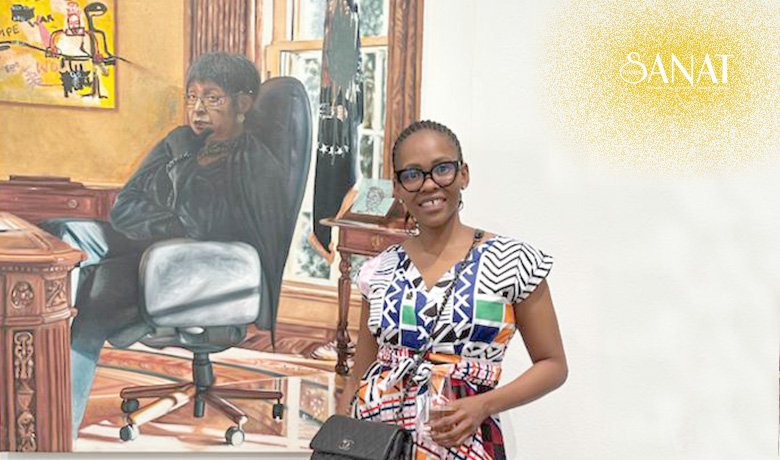
What is the motivation behind it?
The motivation behind the African Women Gallery is to address the underrepresentation and marginalization of female artists in Africa. The gallery intends to provide a platform for female artists from various African countries and all walks of life to be part of our growing agenda of representing women in the art world. We have artist from Ivory Coast, Zimbabwe, South Africa, Nigeria, and Ethiopia. Our core drive is to showcase the amazing work of these talented artists and continue to discover and support new talents from across the continent. As part of being a platform and driving force for women representation in art, we also use our platform to celebrate our artist’s achievements and their creativity while promoting inclusivity and representation in the art world.
What kind of impact has it made in women’s lives in arts?
By providing a platform for female artists, the African Women Gallery can helped increase our artists’ visibility and exposure through our platform which has resulted in bigger and better opportunities for their work. We have also seen greater awareness being generated through the platform as it exposes their work across Africa instead of being confined to their home country. It has also empowered our artists as they are being recognized and celebrated by their peers for their contribution. The gallery’s focus on showcasing the work of female artists from different African countries promotes diversity and representation in the arts. Part of goal is to challenge existing stereotypes, broaden the perspectives within the art world, and create more inclusive spaces for women artists to learn and grow. Bringing artists together can foster connections, exchange of ideas, and potential partnerships, leading to further growth and development in their artistic careers. By highlighting the accomplishments of women in the arts, the gallery can inspire and motivate younger up and coming female artists to pursue their artistic passions and careers.
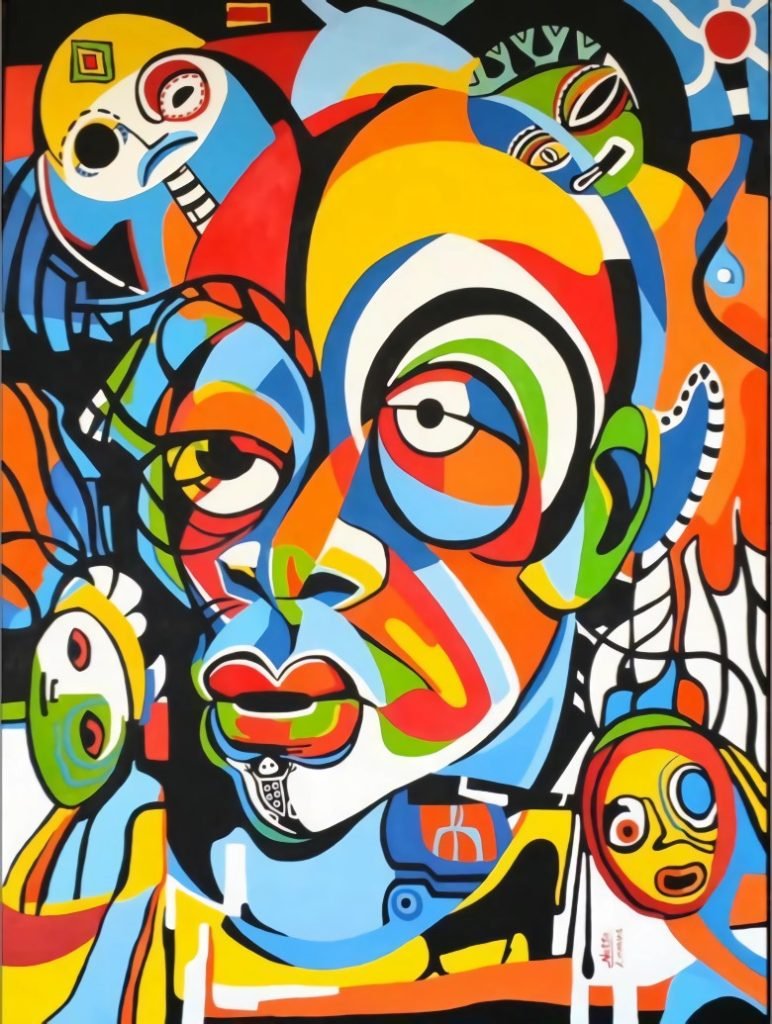
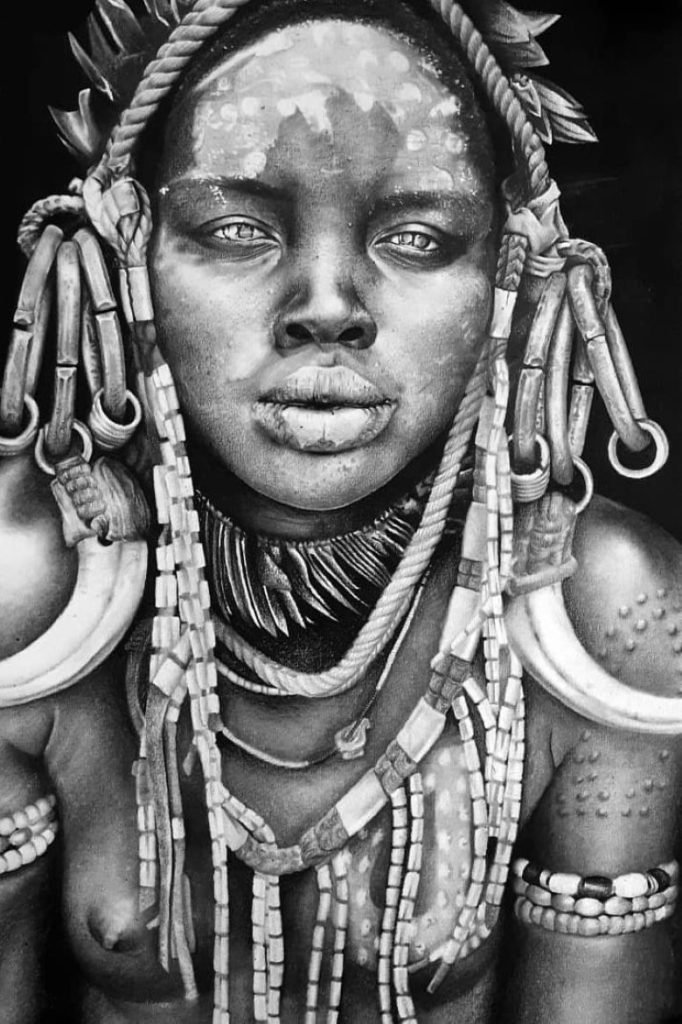
Do you think art would be a form of struggle method for women? If so, in what ways?
Art can certainly be a struggle or resistance for women, as it provides a powerful means of self-expression, reclaiming narratives, and challenging societal norms. Art allows women to have a voice and agency, enabling them to express their experiences, perspectives, and emotions. Through art, women can address gender inequality, discrimination, violence, and other social injustices. Art can challenge and subvert stereotypes imposed on women by society. It can offer alternative representations and narratives that defy traditional gender roles and expectations, empowering women to define and present themselves on their terms. Art can raise awareness about women’s issues and initiate meaningful conversations. It can bring attention to social, political, and cultural issues affecting women, fostering dialogue and promoting social change.
Art can also build bridges among communities, so among women from different cultures and foster solidarity.
It can create spaces for collaboration, support, and shared experiences, allowing women to unite, amplify their voices, and support each other’s struggles. Also it can be a source of healing and personal empowerment for women. It can provide a creative outlet for processing trauma, expressing emotions, and reclaiming personal narratives, leading to personal growth and resilience. Art can inspire and mobilize individuals and communities to act and work towards gender equality and social justice. It can engage people emotionally, evoke empathy, and encourage them to challenge existing power structures and advocate for women’s rights.
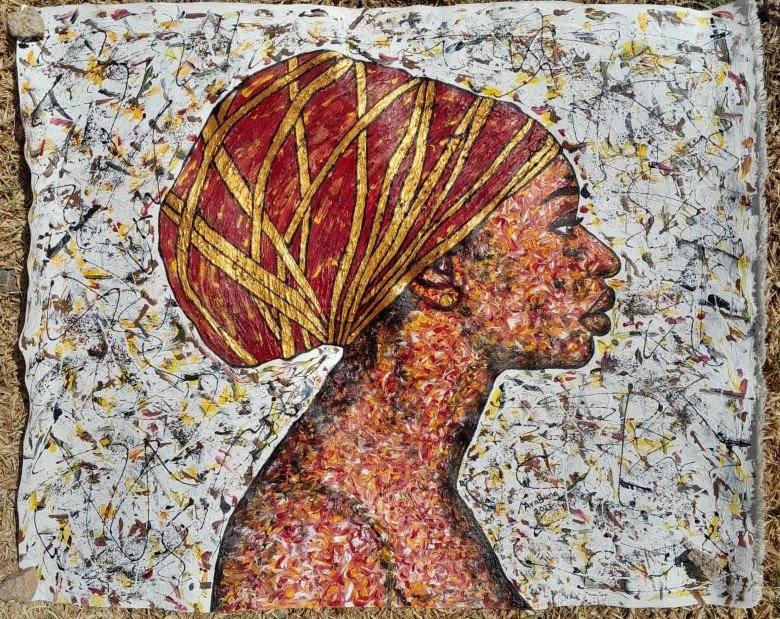
African Women Gallery is participating in the Art Fair in Istanbul. Why did you prefer to take part in this fair?
Our participation in the Art Fair in Istanbul provides us with a platform that brings together a diverse audience such as art collectors, curators, gallerists and art enthusiasts. This is a great space for our gallery to show case the amazing work from our female artists across Africa. Participating in such a fair can provide valuable exposure and visibility for the gallery and our artists, potentially leading to new opportunities, collaborations and may help drive future sales for our artists. The art fairs brings together professionals across the art world, which provides a networking platform to build new connections with artists, galleries and industry professionals which may foster new growth opportunities, collaboration and expansion into new markets. As an African brand, it is important for our gallery to showcase our amazing work to the global community, and we think our participation in the fair will give our gallery access to global markets for us to promote our work exchange dialogue and learn as well. We will be showcasing 5 of our artists work at the fair namely: Francisca Mutapi, Arabang Raditapola, Kganya Mogashoa, Lerato Moleko, and Ester Mahlangu.
How do you think the Turkish audience will react to the paintings of African artists?
We are excited to be part of the art fair to show case our beautiful and vibrant art pieces. We hope the Turkish audience will be as excited as we are and be able to get a feel and vibrancy of Africa. Africa is known for its vibrant and colorful pieces that are intriguing and captivates the soul. We think they will find a piece that will connect and even spark an emotion inside of them. Art has the power to transcend cultural boundaries and evoke emotional and intellectual responses. The paintings of African artists participating in the Istanbul Art and Antique Fair may offer unique perspectives, cultural richness, and diverse artistic styles that could pique the interest and curiosity of the Turkish audience. Exposure to artworks from different cultures can be a valuable and enriching experience, fostering cross-cultural understanding and appreciation.
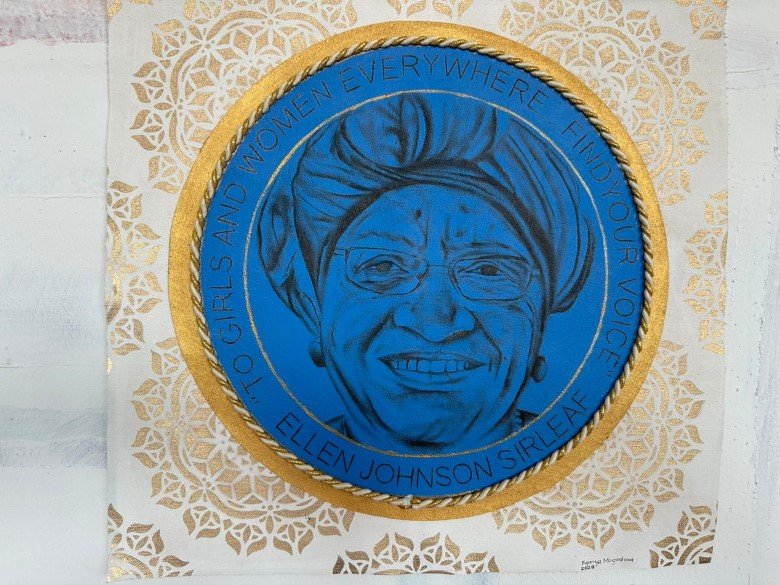
What is your expectation from the fair?
Our expectations are to showcase our work, educate our visitors who will be interacting with our stand about our work, our continent, share our culture and create dialogue. We are also see the Istanbul Art and Antique Fair as a learning opportunity for the gallery, where we can learn from our counterparts, find new strategies that we can implement and deploy in Africa. We do hope to make sales, create opportunities for our artists but the experience of being among industry professionals and the knowledge received supersedes everything.
